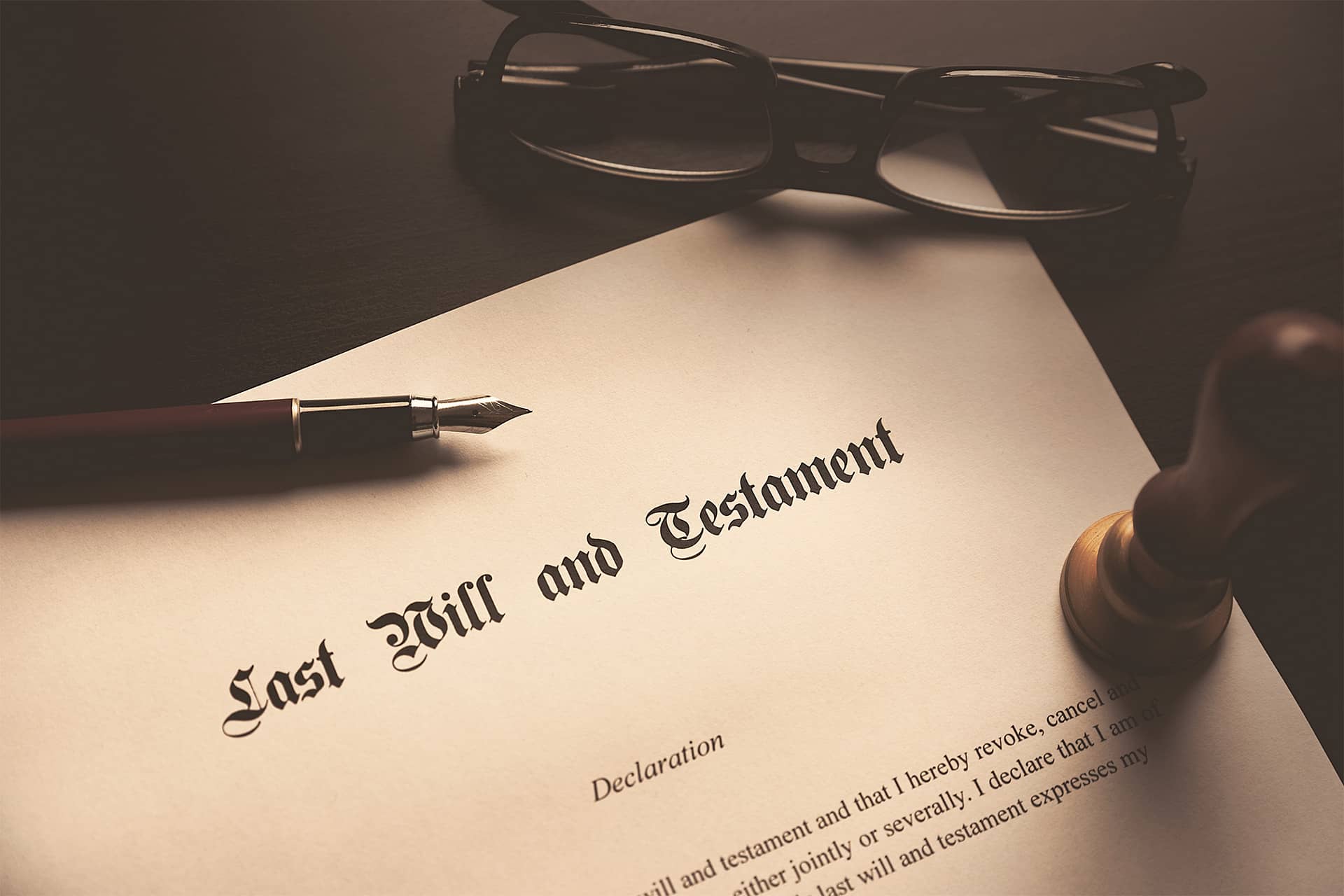Does a Will Override a Trust After Death in Texas? Understanding Your Estate Plan

At The Cleverly Law Firm, we often hear this question from Texans planning their estates: “Does a will override a trust after death?” It’s a critical question that deserves a thorough answer, especially considering the unique aspects of Texas estate law.
The Short Answer: Generally No, But Texas Law Has Nuances
In most cases, under Texas law, a will does not override a trust after death. However, like many areas of law, there are exceptions we need to explore. Understanding how wills and trusts interact in Texas is crucial for ensuring your estate plan works as intended.
Wills and Trusts in Texas: Key Differences
Before we delve deeper, let’s review what wills and trusts mean under Texas law:
- Will: A will is a legal document that specifies how you want your assets distributed after your death. It must go through probate, the court-supervised process of distributing your estate.
- Trust: Trusts are legal arrangements where assets are held by a trustee for the benefit of specific beneficiaries. With a revocable trust you (and your spouse, if married) are both the initial trustees and beneficiaries. Upon your passing, your backing up trustee would then distribute the assets per the terms of your trust. In Texas, trusts can be either revocable (changeable during your lifetime) or irrevocable (generally unchangeable once established).
Why Trusts Often Take Priority in Texas
Under Texas law, assets properly placed in a trust are no longer considered part of your probate estate.
They’re owned by the trust, not by you personally. Your will only controls assets that are part of your probate estate.
Here’s a practical example: Let’s say you own a ranch in Hill Country. If you transfer this ranch to your trust during your lifetime, your will cannot later dictate what happens to the ranch. The trust document, not the will, controls the ranch’s fate.
Scenarios Where a Will Might Affect Trust Assets in Texas
While it’s uncommon, there are a few scenarios under Texas law where a will might impact trust assets:
- Pour-Over Wills: Texas law recognizes pour-over wills, which are designed to transfer any remaining assets into your trust after death. These work in conjunction with your trust, not against it.
- Improperly Funded Trusts: If assets weren’t correctly transferred into the trust during your lifetime, they might still be subject to your will. This is why proper trust funding is crucial in Texas.
- Legal Challenges: In Texas, a will might be used to challenge the validity of a trust, though such challenges are complex and rarely successful. The Importance of Coordinated Estate Planning in Texas
This question underscores why coordinated estate planning is so important for Texans. At The Cleverly Law Firm, we ensure that your will and trust work together seamlessly under Texas law.
Here’s what we recommend:
- Regular Reviews: Texas law changes, and so does your life. We suggest reviewing your documents every few years or after major life events.
- Proper Trust Funding: A trust only controls what you put into it. We guide you through the process of correctly transferring assets according to Texas law.
- Clear Communication: We draft your will and trust with clear, consistent instructions that reflect your wishes and comply with Texas law.
- Professional Guidance: DIY estate planning can lead to conflicts between documents. Working with an estate planning attorney familiar with Texas estate law helps avoid these pitfalls.
When to Use a Trust Over a Will in Texas Estate Planning
In Texas, trusts often offer advantages over wills in certain situations:
- Control over how and when Beneficiaries Inherit: Under a will your minor children would inherit a lump sum when they turn 18. A Trust allows you to control when and how they inherit – Our clients often opt to break it into three or four disbursements to coordinate with life’s milestones.
- Probate Avoidance: Trusts skip the time-consuming and public probate process.
- Privacy: Unlike wills, trusts keep your asset distribution details private.
- Incapacity Planning: Trusts can manage your assets if you become incapacitated.
- Complex Estates: For business owners or those with large estates, trusts offer more flexibility.
- Special Situations: Trusts can be tailored for blended families, minor children, or family members with special needs.
While trusts have these benefits, your specific situation might call for a combination of both a will and trust. At The Cleverly Law Firm, we can help you determine the best approach for your unique needs under Texas law.
Your Next Steps
If you’re a Texas resident wondering whether your will and trust are working together effectively, it’s time for a review. At The Cleverly Law Firm, we focus on creating comprehensive estate plans tailored to Texas law.
Don’t leave your legacy to chance. Contact us today for a consultation. We’ll ensure your will and trust are in perfect harmony under Texas law, giving you peace of mind that your wishes will be honored exactly as you intend.
Remember, in Texas estate planning, clarity and compliance with state law are paramount. Let’s work together to make your wishes crystal clear and legally sound.





